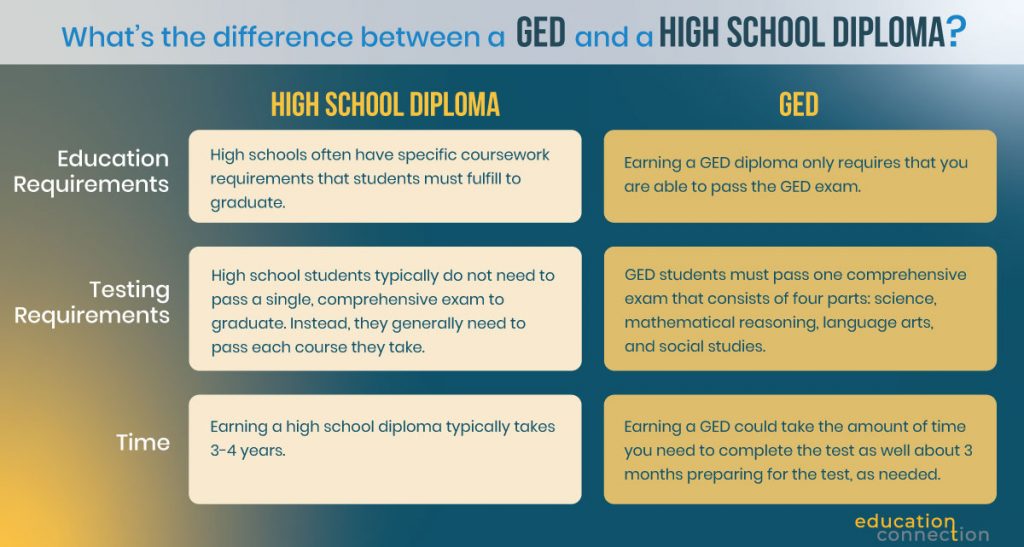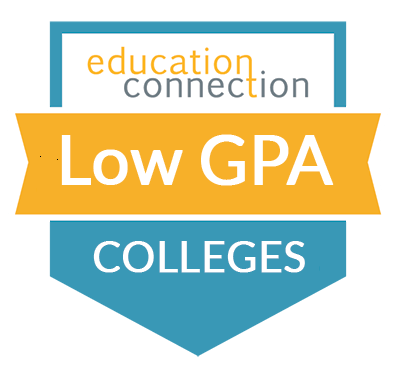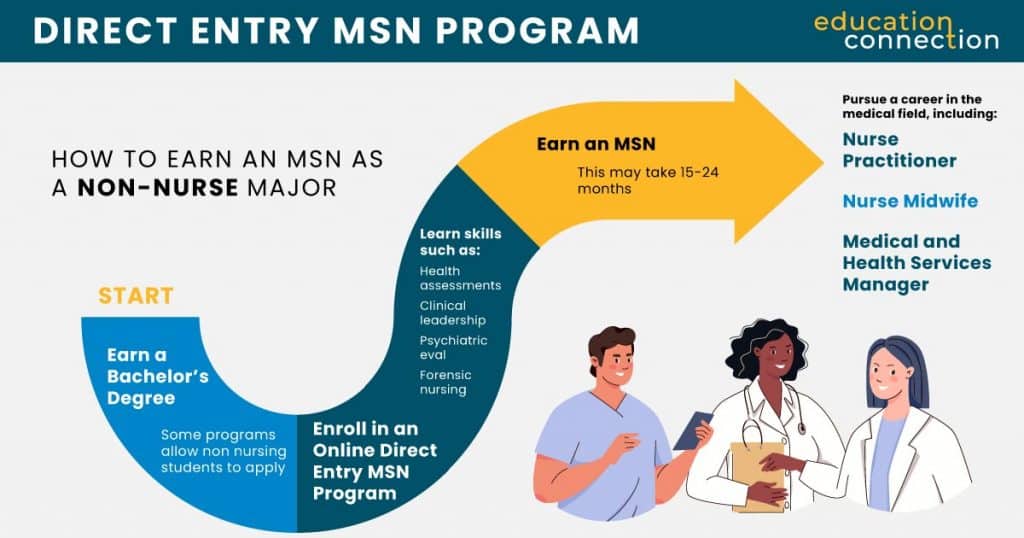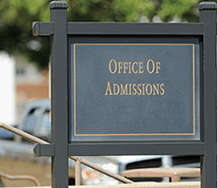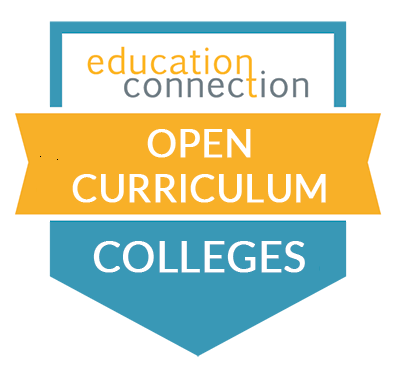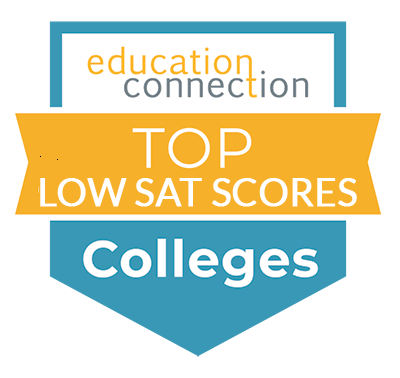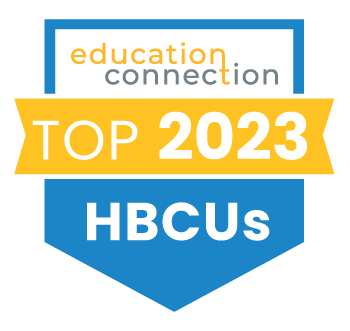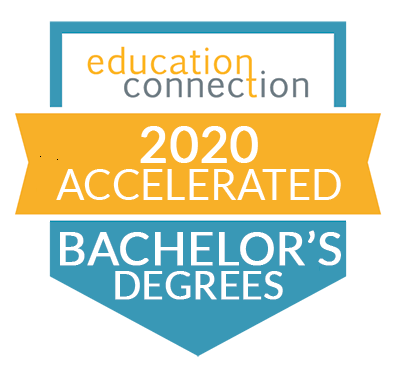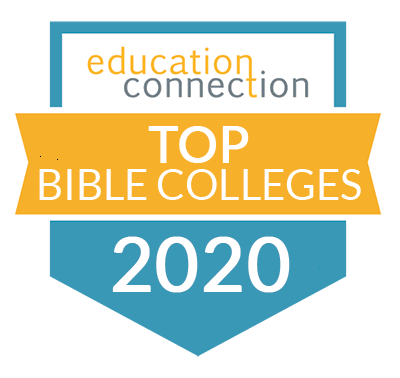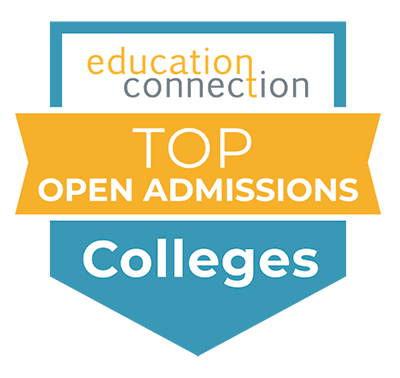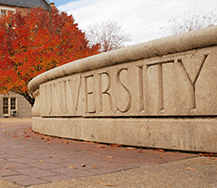Many business majors in college exist. You may wish to learn to run a business. You may want to learn how to operate a specific area of business. Majoring in business in college is a common path. Some people may minor in this area, too. You may wish to choose an area that appeals to you. Then, work on earning a degree in it.
Business majors hold significant value for numerous companies. They play a pivotal role in recruiting and nurturing talented individuals who contribute to a company’s expansion. Your involvement could extend to strategic decision-making, leveraging critical thinking skills to mitigate potential risks. Specific roles might include financial management, personnel supervision, or product-focused responsibilities.
Navigating this multitude of options can indeed pose challenges. To facilitate your decision-making, explore various business majors available in college. Opt for the one that aligns with your intrinsic passion and resonates with the potential tasks you’d undertake in that field. Consider your affinity for working with people, your interest in sales, or your inclination towards quantitative disciplines like mathematics.
The range of options is expansive, reflecting the versatility of degree programs. These programs empower you to tailor your academic journey to your preferences. Let’s delve into an overview of some common types of business majors offered in college.
Types of Business Degree Programs
Choosing the right degree to pursue in the realm of business offers a multitude of options. The selection of your degree hinges on various factors, often encompassing employer expectations and the value of practical experience. Here is a look at the various options you may wish to choose to pursue.
Associate Degree in Business
Consider an AAS or AS, as a potential choice. An associate degree commonly marks the starting point of your educational journey. Within a span of two years, you can attain this degree, although some programs might have a shorter duration. Certain programs of this kind might be fully conducted online, while others could be accessible through local community colleges. These courses are typically foundational in nature, covering a range of subjects from broad to specific aspects of the business realm. This specialization often equips you with the skills to perform distinct business functions.
An additional motive for pursuing an associates degree in business could arise if you’re uncertain about your preferred business domain. Some of these degrees encompass a comprehensive curriculum, providing insights into various segments of business, including accounting, business law, and leadership skills. This diverse exposure assists in identifying your areas of interest. It’s not uncommon for individuals to pursue a bachelor’s degree subsequent to completing an AAS, thereby gaining a clearer understanding of their optimal business focus.
Associates degrees usually have a shorter duration, rendering them more cost-effective compared to traditional four-year programs. For many students, this presents an opportunity to mitigate educational expenses. Furthermore, there’s the potential for earned credits to be transferrable to other educational institutions. However, it’s essential to confirm this aspect prior to finalizing your decision. Should this be the case, it can significantly contribute to obtaining a more advanced degree while minimizing financial outlay.
There are various types of associates degrees in business. Some examples of areas you may wish to explore include these.
- Introduction to Human Resources
- Customer Service Skills
- Intro to Taxation
- Business Analysis and Intelligence
- Intro to Finance
You may be able to use this to help you work in administrative positions in companies. Some work in assistant management positions. Others work in sales support positions. Some go on to start their own business. Many may pursue more advanced degrees.
Is an AAS or AS Best?
An applied associate of science degree is a foundation program. It typically covers business principles. It could also help develop entry level skills. An associate of science focuses on general education courses. It may include business admin basis.
Bachelor of Business Administration
You may have more options at this level. That includes a Bachelor of Business Administration. It may also include a Bachelor of Science in Business Administration. Some also may take a Bachelor of Arts in Business Administration.
Many bachelor degrees include general courses. They also may included advanced courses. This may include areas of math or English. These are skills many may need for business and a business major in college. Many offer electives. This lets a student concentrate. It may help them take courses they are interested in. Then, many may have a concentration focus. This may include a specific area of student. It may include business law. For some, it may include operations management. These programs typically take four years to complete.
The combination of these skills may help a person be valuable to a company. They also need soft skills. Many bachelor’s programs help with this. They may teach communication skills. They may teach critical thinking skills. Many may also teach leadership. These are often important in the business environment as well. These often are specific to the area of study. Those in operations or admin positions may benefit from strategic thinking. Others may need strong math skills.
Many bachelor’s degree programs may also offer other opportunities. This may include internships in companies. These may help students gain real world skills. Othersmay offer case projects. Some may have capstone projects. Others may have apprenticeships.
Students could learn a great deal in a bachelor’s degree. They may use it to explore topics such as:
- Business Formation
- Business Law
- Managing People
- Business Finance
- Business Marketing
- Research and Development
Some may work in business management positions. Others may use their degree to start their own business. Some may go on to pursue more advanced education.
What’s the Difference in BBA, BSBA, and BABA?
A BBA is a broader focus. Classes may include marketing and economics. A BSBA has a more math focused curriculum. A BABA is more liberal arts focused. It may include more human management courses.
Master of Business Administration
A Master of Science in Business Administration is one option. A Master of Arts in Business Administration is another. The key to these business majors in college is that they tend to be very concentrated. Students may learn advanced skills in key areas of focus. Master’s programs tend to take two years to complete. Some are available online.
There are many options. Students may focus on areas such as:
- Business Law
- Economics
- Human Resources
- Finance
Students may work in areas such as supply chain management. Others may work as financial advisors. Some could also work as a financial analyst or in consulting fields. Others may work in areas of financial development. Others may want to move into related areas. This may include healthcare or product development.
Some students go on. They may earn a doctoral degree. It provides an even higher level of focus. Students may concentrate in this program. They may attend another 18 months to 2 years to complete this advanced education.
Different Types of Business Majors in College
Which business majors in college are perfect for you? A bachelor’s degree is typically the first step. You may be able to go to a business school. You may go to a traditional college with business majors. The decision making process may be hard. Here are some programs to consider. You may be able to get started on this degree right after high school.
Accounting Degree
An accounting degree often applies to many positions. Some may pursue a career as an accountant. These professionals could work in finance fields. They may work in a public or private company. This type of business degree may be a major or minor. Some may take this program as a part of a humane resource degree. Others likely take it with a business administration degree. Grad students may take it as part of a Master of Business Administration (MBA) program. Accounting majors may be very specific. They could be general, too.
Courses:
- Intermediate Accounting
- Cost Management
- Federal Income Tax
- Auditing
- Business Law
- Information Systems
- General Business Management
Potential Career Paths: Accounting Consultant, Auditor
2023 Median Pay: $79,880 per year / $38.41 per hour
2023-33 Job Outlook: 6% (Faster than average)
2023-33 Jobs Available: 1.54 million
Advertising Degree
An advertising degree aims to teach students how to help market and sell products or services. Students may work in public relations. Some may work in advertising or marketing in private firms. In a bachelor’s degree in advertising, students s may develop critical skills. They may need strategic thinking. They could learn about mass communication. Some may learn journalism. You may take this program as part of other business degrees as well. Some students may minor in it. They may major in business law or public relations.
Courses:
- Media Planning
- Creative Strategy
- Research
- Media Planning
- Law and ethics
- Advertising campaigns
Potential Career Paths: Copywriter, Production Coordinator, Creative Director, Marketing Manager
2023 Median Pay: $156,580 per year / $75.28 per hour
2023-33 Job Outlook: 8%
2023-33 Jobs Available: 389,000
Economics Degree
An economics degree may help you take part in the world of finance. Some people work for companies. Others may work for government agencies. They may help with decision making for investments. An economics degree often leads to working as an economist. Some people major in this field. This usually requires at least a bachelor’s degree. A master’s degree is often necessary for many jobs. This field is typically math based. Students may spend time learning about predicting outcomes. They may study business on a global scale.
Courses:
- Microeconomics
- Macroeconomics
- Applied Econometrics
- Game Theory
- Principles of Economics
- Microeconomics
Potential Career Paths: Economist
2023 Median Pay: $115,730 per year / $55.64 per hour
2023-33 Job Outlook: 5% (As fast as average)
2023-33 Jobs Available: 17,600
Entrepreneurship Degree
An entrepreneurship degree may be a varied program. It is not just for those who want to start a business. It could also help those who wish to work in business management. Often, it aims to teach about business development. It could help you learn how to start a business. It may focus on growing a company. And, it may bring together many of the business topics in one program. This may include marketing. It may include business law.
Courses:
- Entrepreneurial Marketing
- Entrepreneurial Finance
- Entrepreneurship and the Startup Methods
- Entrepreneurship and Society
Potential Career Paths: Business Consultant, Recruiter, Management Analyst
2023 Median Pay: $99,410 per year / $47.80 per hour
2023-33 Job Outlook: 11% (Much faster than average)
2023-33 Jobs Available: 987,600
Finance Degree
Every business may need to manage money. A finance degree could help you learn how. This is a broad degree. Many people may concentrate in it through a master’s program. It typically aims to provide students with financial knowledge in various areas. Some students may focus in investment management. They may help make investment decisions. Others may turn to banking. Corporate financial analysis is likely another area. Global finance may interest some. Risk management is another area. Students interested in finance may have many career path options. Finance majors may range widely.
Courses:
- Foundations of Managed Care
- Business Project Management
- International Healthcare
- Asset Management
- Financial accounting
- Fixed Income Securities
- Financial Management
Potential Career Paths: Clinical Director, Medical Records Manager, Office Manager
2023 Median Pay: $156,100 per year / $75.05 per hour
2023-33 Job Outlook: 17% (Much faster than average)
2023-33 Jobs Available: 792,600
Hospitality Management Degree
A hospitality management degree is one often focused on teaching people how to help others. Those with this degree often work in hotels. They may work in casino management. Some also may work in food service management. They may learn about helping people to enjoy their experience. Some also may learn marketing. They may learn social media marketing. Many learn operations management. They may learn to run a hotel in many areas.
Courses:
- Housekeeping Management
- Hotel Front Office Management
- Hotel Convention Sales and Services
- Hospitality and Tourism Law
- Leadership in Hospitality
Potential Career Paths: Travel Agent, Travel Attendant, Lodging Manager
2023 Median Pay: $65,360 per year / $31.42 per hour
2023-33 Job Outlook: 10% (Much faster than average)
2023-33 Jobs Available: 50,800
Human Resources Degree
A human resources degree is a business degree. Some students may earn a B.A. in it. They may work as human resource professionals. Others may take human resources coursework to work in other business degrees. A B.S. in Human Resource Management is one path. Students may learn how to hire employees. They may learn how to build relationships in teams and may also ensure companies meet ethical requirements. They may use business data and aim to provide education to employees. And, they may help make business decisions.
Courses:
- Human Resources Management
- Principles of Management
- Human Resource Strategy and Development
- Total Rewards
- Business Operations
Potential Career Paths: Human Resource Specialist, Human Resource Manager
2023 Median Pay: $136,350 per year / $65.55 per hour
2023-33 Job Outlook: 6% (Faster than average)
2023-33 Jobs Available: 191,600
International Business Degree
An international business degree aids in global business development. Students may learn how to market and build business on a global scale. They may learn about management. They may focus on finance. Also, they may learn about growth strategies. Ethics and law are often a component of this program many times. Many students could earn a Master of Science in International Business. Many could also develop analytic degrees. They may learn to make decisions in a business environment. Cultural areas of study may also be important.
Courses:
- International Finance Management
- International Marketing
- Global Supply Chain Strategy
- Introduction to International Accounting and Finance
- Managing the Global Enterprise
Potential Career Paths: Management Analyst, Marketing Manager
2023 Median Pay: $99,410 per year / $47.80 per hour
2023-33 Job Outlook: 11% (Much faster than average)
2023-33 Jobs Available: 987,600
Management Degrees
Management degrees are a foundation. Many other business majors in college include management. Some people may just earn a bachelor’s in management. Others may go on to learn a master’s. Those who take these programs learn to supervise. They may learn how to manage company assets. They may learn to meet growth expectations. Some learn to use business data. This field may be concentrated. Some may manage finance companies. Others may manage manufacturing companies. Many may work as managers. Others work as CEOs or executives. Some students could have a focus in supply chain management.
Courses:
- Intermediate Accounting
- Cost Management
- Federal Income Tax
- Auditing
- Human Resources
- Business Law
- Business Ethics
Potential Career Paths: Management Analysts, Accounting Consultant, Auditor
2023 Median Pay: $99,410 per year / $47.80 per hour
2023-33 Job Outlook: 11% (Much faster than average)
2023-33 Jobs Available: 987,600
Marketing Degree
Many companies often need to market. This is a way of telling others what products and services are available. A marketing degree could be very valuable. An associate’s degree in marketing is one option. Many students pursue a bachelor’s or master’s degree. Students may learn professional selling. They may learn marketing research. They may learn to use business data. Many students also learn consumer behavior. They may also learn about social media. They may go on to work in marketing firms. Some may own their own business. Others may work in large companies.
Courses:
- Introduction to Marketing Management
- Foundations of Professional Sales
- Marketing Research
- Consumer Behavior
- Marketing Strategies
- Marketing Methodology
Potential Career Paths: Account Executive, Media Planner, Brand Manager
2023 Median Pay: $156,580 per year / $75.28 per hour
2023-33 Job Outlook: 8% (Faster than average)
2023-33 Jobs Available: 389,000
Operations Management Degree
An operations management degree is another business program. Many people may take this program to work as an operations manager. These people could learn how to lead others. They also may oversee operations in companies. This includes the day to day management tasks. It may also include making decisions for the company. They work to manage products and supply chains in some cases. Many may work in manufacturing. Others may work in office settings.
Courses:
- Systems Innovation
- Leading the Enterprise
- Enterprise Planning and Implementation
- Energy Strategy and Innovation
- Organizational Leadership
- Management Information Systems
Potential Career Paths: Compliance Manager, Manufacturing Manager, Office Manager
2023 Median Pay: $75,670 per year
2023-33 Job Outlook: 1.6%
2023-33 Jobs Available: 359,640
Project Management Degree
A project management degree aims to help students learn to manage people and projects. This may include learning to manage projects from the conception through completion. Those with this degree may work as a project manager. They may have to learn to work with people. This may include human resource management classes. They may also learn about decision making. They may have to balance project budgets. And, they may have to develop project plans. Many aim to help company leaders make decisions. They also may watch and control outcomes.
Courses:
- Applying Leadership Principles
- Operations Management
- Assessing and Managing Risk
- Project Management Tools
- Procurement and Contracting
- Project Leadership
- Assessing and Managing Risk
Potential Career Paths: Construction Manager, Operations Manager
2023 Median Pay: $104,900 per year / $50.43 per hour
2023-33 Job Outlook: 9% (Much faster than average)
2023-33 Jobs Available: 505,800
Public Relations Degree
A public relations degree aims to focus on the relationship between a business and the community. Some may work in business. Others may work in government. Students often need a bachelor’s degree to get a job. These degrees sometimes pair with marketing or advertising degrees. Students may learn about media. They often learn about sales language. They may learn about human decision making. And, they may also learn a bit about psychology.
Courses:
- Public Relations Principles
- Media Writing
- Communication Pathways
- Public Relations Strategies
- Media Law
- Theory of Ethics
- Public Relations Campaigns
- Persuasion
Potential Career Paths: Marketing Coordinator, Fundraiser, Media Planner
2023 Median Pay: $156,580 per year / $75.28 per hour
2023-33 Job Outlook: 8% (Faster than average)
2023-33 Jobs Available: 389,000
Supply Chain Management Degree
Supply chains aim to help products move from manufacturers to warehouses. They then could help to get them to consumers. A supply chain management degree is of growing importance. More business may be done online. That may make managing these complex systems so important. Those who get this degree may help with that. That may include procurement of products. It may focus on production. In some areas it could focus on distribution or allocation. Many people work in the delivery aspect. They may learn to manage people. Many may work in high-tech surroundings.
Courses:
- Principles of Management
- Business Law
- Financial Accounting
- Managerial Accounting
- Organizational Behavior
- Integrated Project Management
- Business Modeling
- Transportation and Logistics Management
Potential Career Paths: Logistics Manager, Transportation Manager, Logistician
2023 Median Pay: $99,200 per year
2023-33 Job Outlook: 8%
2023-33 Jobs Available: 127,000
Taxation Degree
A taxation degree aims to prepare students to do taxes for individuals. They may also learn to do taxes for businesses. They may learn the current tax code. And, they may also learn accounting skills. Not everyone in taxation has a formal degree. Some may have a certificate. Those with a degree may work in companies. They may provide leadership skills to tax departments. Some own their own business. Others may work within larger tax firms. Some students may also get a finance degree. Some could go on to earn their CPA.
Courses:
- Tax Research
- Estate and Gift Taxation
- Tax Accounting
- International Taxation
- Business Law
- Cost Accounting
- Finance
Potential Career Paths: Financial Planning Consultant, Certified Public Accountant
2023 Median Pay: $99,580 per year / $47.88 per hour
2023-33 Job Outlook: 17% (Much faster than average)
2023-33 Jobs Available: 327,600






